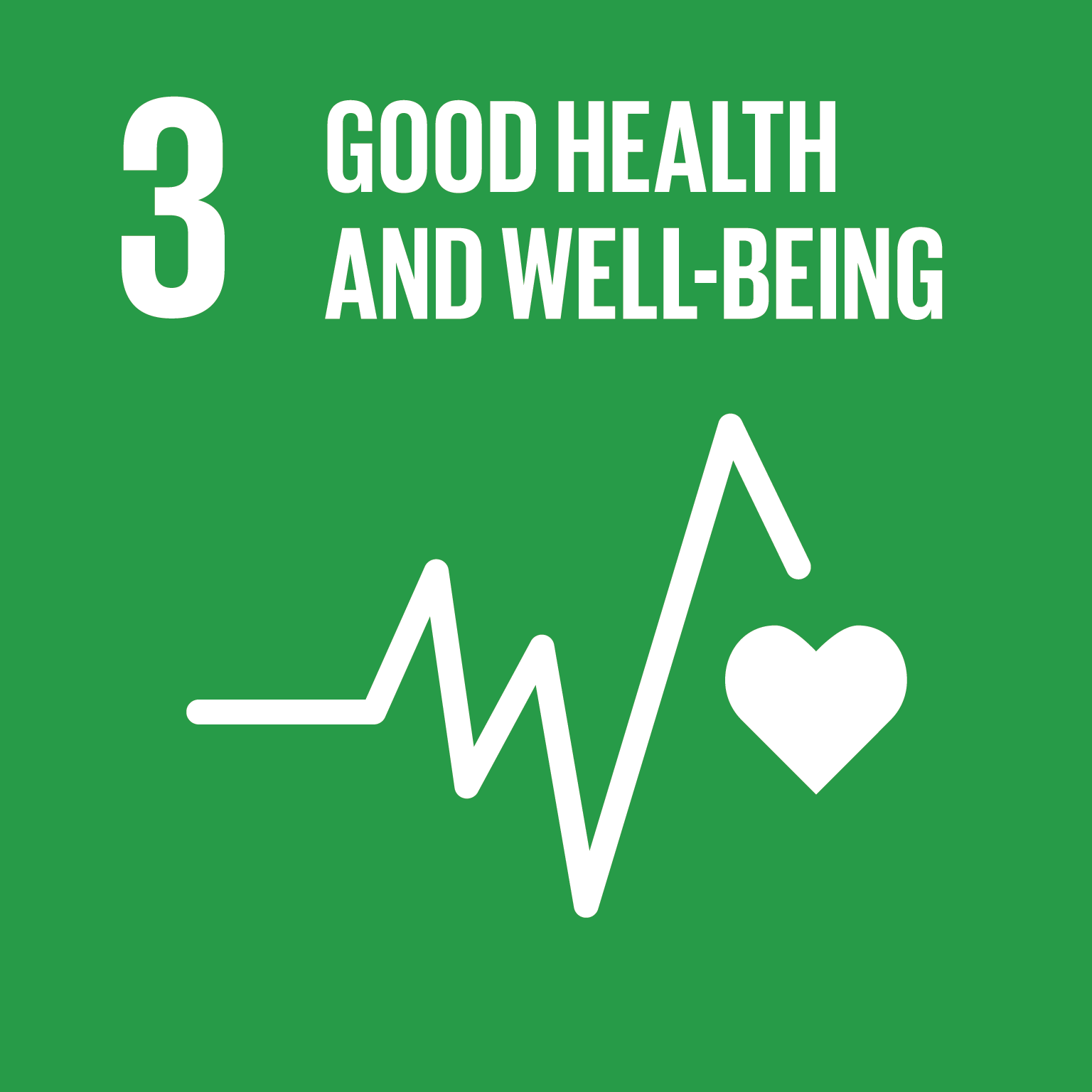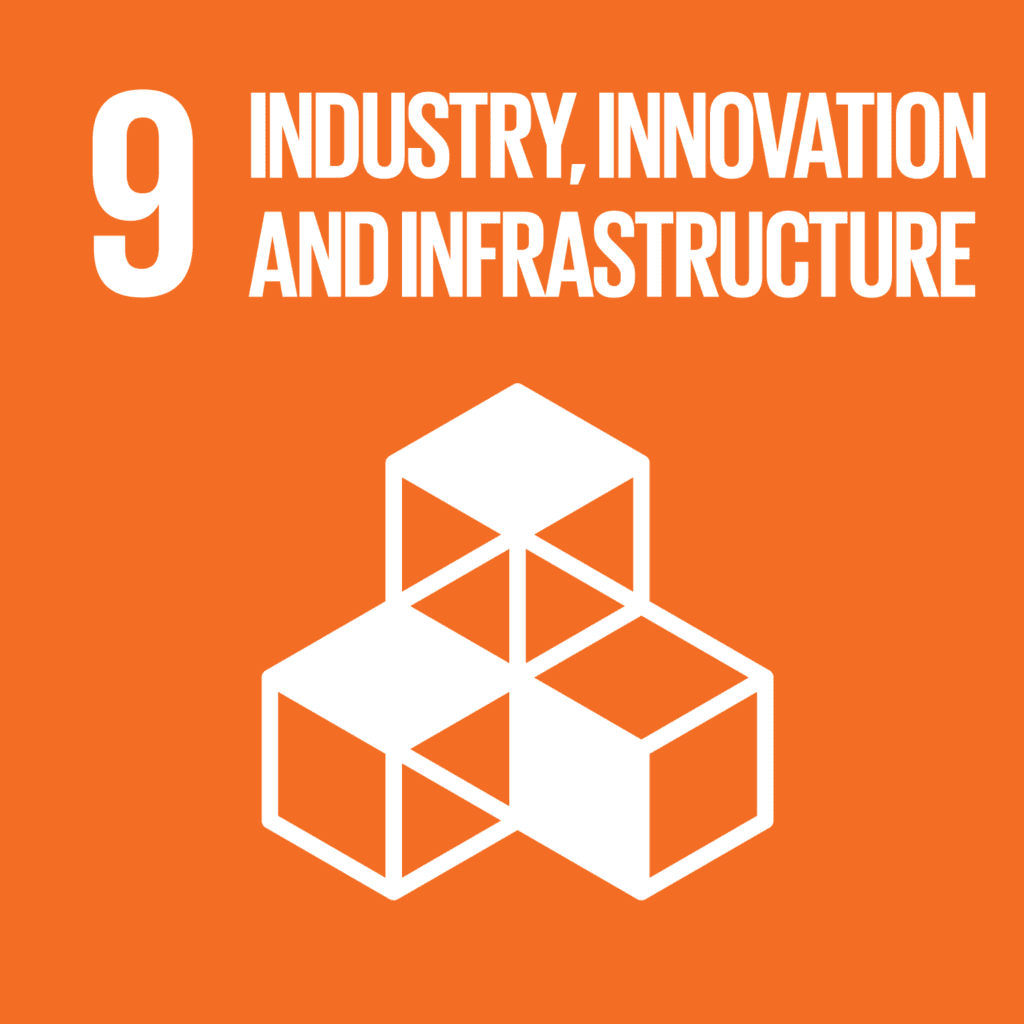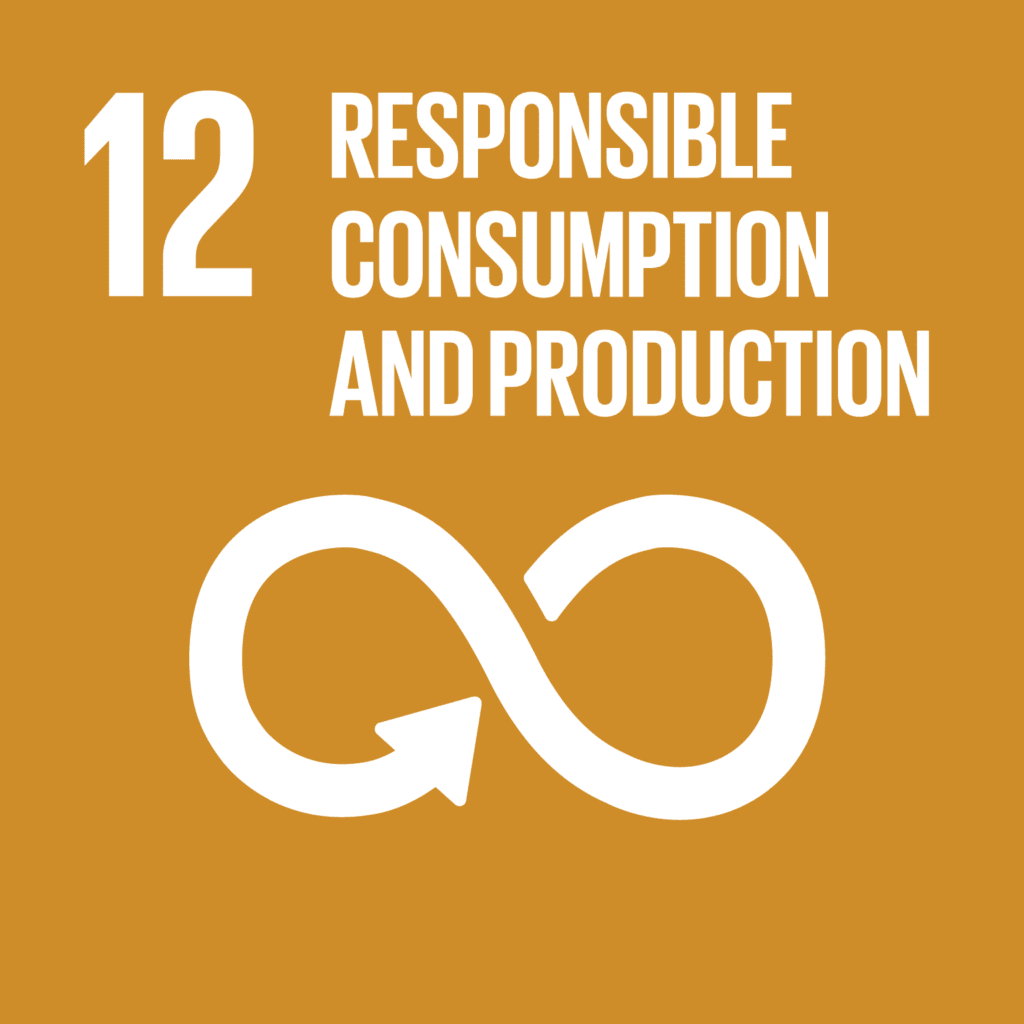Sustainability
BICO’s sustainability agenda connects bioconvergence with three different perspectives that define our operations with UN Sustainability Development Goals. As of December 2021, BICO is an official signatory of the UN Global Compact Sustainability Development Goals and the Ten Principles of the United Nations Global Compact.
Three Dimensions
of Sustainability
The sustainability platform is gathered in The BICO Way, explains how BICO views sustainability and focuses on how we, as a company, can make a difference. The three perspectives form the pillars of our platform.
Initiatives in 2022
UN Sustainable Development Goals
The UN Sustainable Development Goals (SDGs) aim to end poverty and inequality, protect the planet and ensure that all people enjoy health, justice and prosperity. For the sustainability development goals, BICO focuses on goals 3, 9 and 12 since these are the goals that we can influence the most, and which in turn impact us the most.
BICO Group Sustainability Policies
Code of Conduct
We are committed to a culture of openness, integrity, and accountability, and committed to conducting safe, fair, environmentally responsible, and ethical operations. Our Code of Conduct is based on human rights and labor rights, information protection, environment, health and safety, governance and management systems, product safety & business ethics. The Code of Conduct has been harmonized with the UN principles for the Global Compact and the ILO Convention on Human Rights. The Code of Conduct and the Code of Conduct for suppliers and partners describe BICO’s business ethics position and principles for these.
As an employee or a third party, you are encouraged to speak up and raise any and all ethical or legal concerns through our Whistleblower function.
Customer Cases
3d Bioprinted Human Skin

The Future of Cosmetic Testing
CTIBiotech, an innovative R&D firm based in Lyon, France, is using CELLINK’s BIO X 3D bioprinter to produce in vitro full skin models from human cells. These bioprinted human skin models, which include sebaceous glands, immune cells or melanocytes, are more physiologically relevant. These improved models enable researchers to investigate sebum production, acne, or atopic dermatitis.
Additionally, with CTIBIOTECH able to produce over one hundred artificial skin constructs (1 cm2 in size), it is possible for them to have a high-throughput approach for screening of active ingredients in topical products, aesthetic or medical devices for skincare.
Tissue-engineering breakthroughs like this are propelling the industry forward, reducing its dependence on animal experimentation, while driving down development costs and paving the way for safer and more efficacious beauty and dermatological products.
The $40 billion cosmetic industry is increasingly innovating using in vitro technologies as alternatives to animal experimentation for efficacy and safety testing skincare and beauty products. Thankfully, advances in tissue engineering, such as the ability to bioprint human tissue models in the lab, have unlocked promising long-term-solutions.
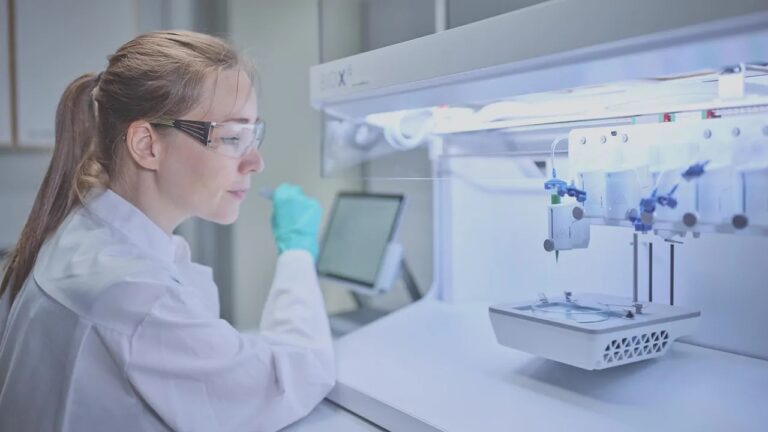
3d Bioprinted Human Skin – The Future of Cosmetic Testing
CTIBiotech, an innovative R&D firm based in Lyon, France, is using CELLINK’s BIO X 3D bioprinter to produce in vitro full skin models from human cells.
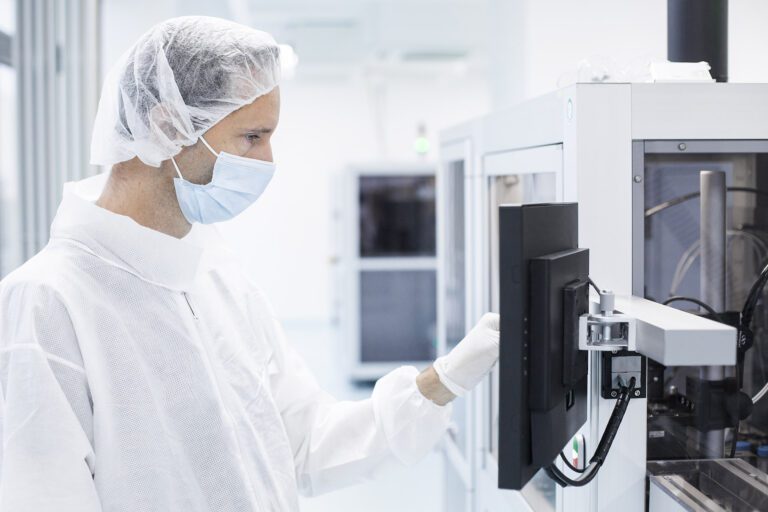
Multiplex tests to detect pathogens and toxins in public water supply
SCIENION was one of 12 partners in the EU-funded project microAQUA, where the general water supply was tested and analyzed to detect pathogens and toxins.

More relevant alternative to testing women’s personal care products on animals.
Good Clean Love is advocating for the use of a 3D model of human tissue developed by MatTek as a more relevant alternative to testing women’s personal care products on animals.
Sustainability News
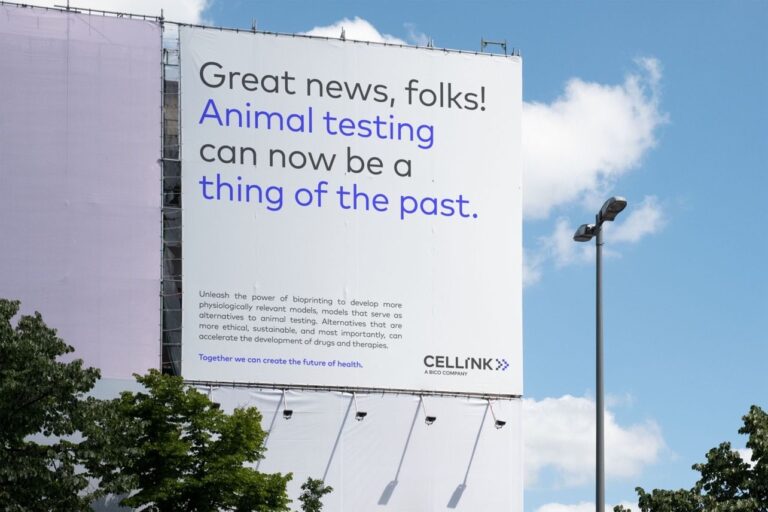
The US senate has passed the FDA Modernization Act
A massive stride in the acceptance of alternatives to animal models in drug discovery.
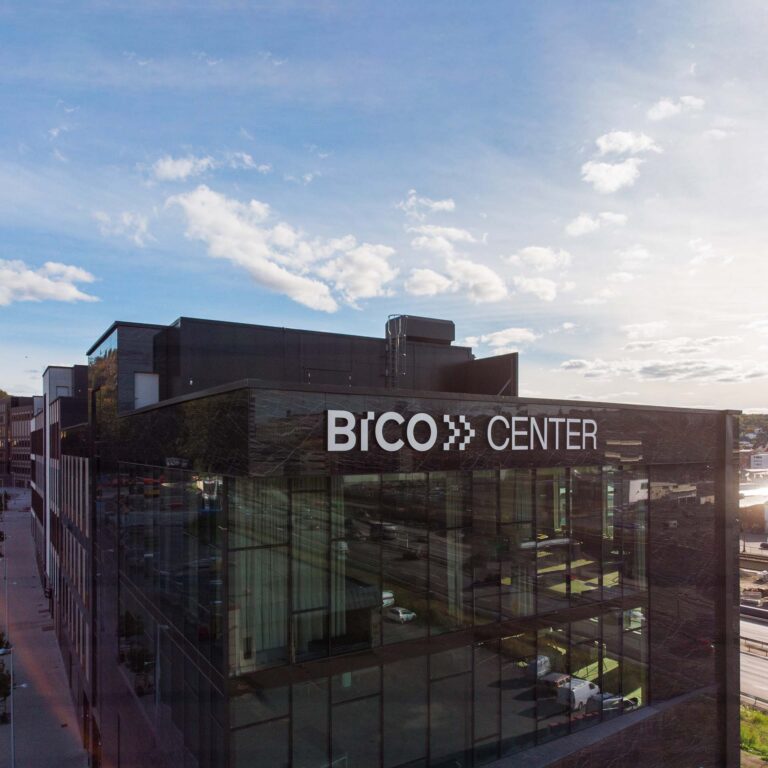
New office enabling a sustainable future growth
We have taken the next step towards a sustainable future and moved into a new office in Kallebäck, Gothenburg!
